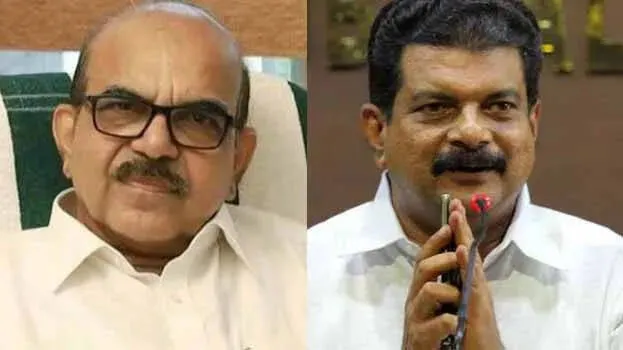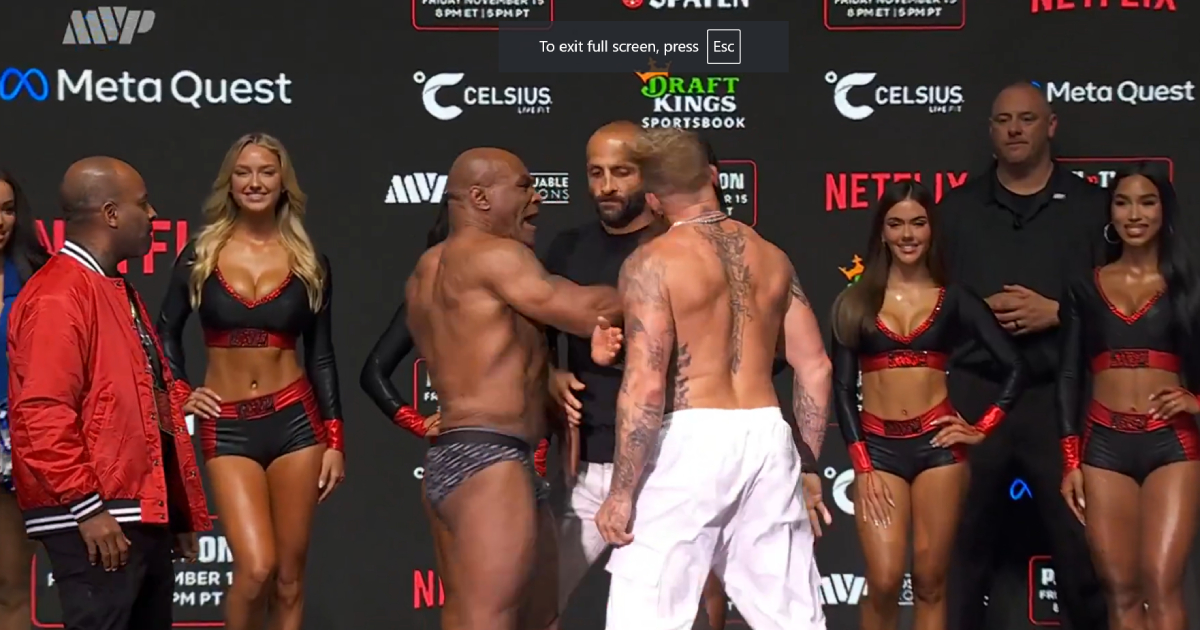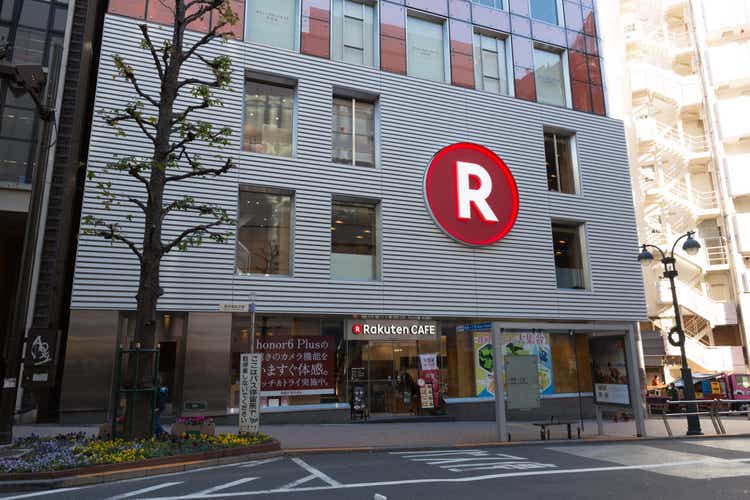
BERLIN -- Germany's economy isn't growing and the governing coalition has a lot of ideas on how to fix it. But it can't agree which the right one is. The latest outbreak of infighting in Chancellor Olaf Scholz's government has raised questions about whether it will get anything done in the 11 months before Germany's next election is due — and whether it will survive until then.
There's agreement that the state of the German economy, Europe's biggest, demands action. It is expected to shrink in 2024 for the second year in a row, or at best stagnate, battered by external shocks and home-grown problems including red tape and a shortage of skilled labor. But there's no unity on the solution.
As Finance Minister Christian Lindner put it last week: “There's no shortage of ideas. What there is a shortage of at present is agreement in the governing coalition.” Lindner himself has been a central player in the cacophony, adding to a long list of publicly aired disagreements that have helped make the nearly three-year-old government very unpopular.
Scholz’s center-left Social Democrats, Vice Chancellor Robert Habeck’s environmentalist, left-leaning Greens and Lindner’s pro-business Free Democrats — a party that in recent decades has mostly allied with conservatives — set out in 2021 to form an ambitious, progressive coalition straddling ideological divisions that would modernize Germany. The government can point to achievements: preventing an energy crunch after Russia cut off its gas supplies to Germany, initiating the modernization of the military and a series of social reforms. But the impression it has left with many Germans is of deepening dysfunction.
“Each party is going its own way — you get the impression they’re already in election campaign mode,” Clemens Fuest, the head of the Ifo economic think-tank, told ZDF television. “If that’s the case, if the chancellor can’t manage to get the government to pull together, then they should actually end the coalition." Last week, Habeck proposed a state investment fund to help companies of every size.
It was promptly rejected by both Lindner and Scholz. Lindner's party organized a meeting with leaders of business associations for Tuesday, the same day that Scholz had already arranged a closed-door meeting of his own with industry and union leaders. Scholz said that “we must get away from theater stages; we must get away from something being presented and proposed that then isn't accepted by everyone.
" Still, his coalition partners weren't invited to his own meeting with industry leaders. The divisions are particularly deep on economic and financial issues. Politicians on the left want to see massive state investment and reject talk of cutting welfare programs.
Lindner's Free Democrats categorically reject any tax increases or changes to Germany's strict self-imposed limits on running up debt, and say it's time to save money — for example, on benefits for the long-term unemployed. The collision of philosophies has complicated putting together the national budget since Germany’s highest court last November annulled a government maneuver to repurpose 60 billion euros ($64.8 billion) originally meant to cushion the impact of the COVID-19 pandemic for measures to help combat climate change and modernize the country.
That forced the coalition into a hasty rehash of the 2024 budget, including subsidy cuts that prompted protests by farmers . The 2025 budget only intensified the friction, which continued unabated through campaigns for European and state elections in which the governing parties were punished . Scholz, Lindner and Habeck presented an agreement in July on a budget that includes higher spending on defense and affordable housing, along with a stimulus package.
But it got bogged down in another internal dispute, and the coalition leaders took more than a month to emerge with a second deal tweaking details. That budget has yet to go through parliament. Lawmakers need to iron out the final draft by Nov.
14, and the recent skirmishes inside the coalition have some wondering whether the government will survive beyond that. “This government is to all intents and purposes no longer capable of acting,” opposition leader Friedrich Merz told ARD television on Sunday. “It is at an end.
” On the face of it, there's little incentive for the governing parties to risk facing voters earlier than next September. Merz's center-right Union bloc leads national polls, the far-right Alternative for Germany is performing strongly, all three governing parties are weak and the Free Democrats are around or below the 5% of the vote needed to keep any seats in parliament. But there's also little sign of improvement.
The government's own statements have fed questions over its future. In early October, Lindner said that “stability is of paramount importance for Germany.” “But at some point, a government can itself become part of the problem,” he told news portal Table.
Briefings. “A government must always ask itself whether it meets the demands of the time.” Scholz has urged his partners to stick together until the end of their term, saying last week that “anyone who has a mandate must fulfill that mandate.
” “No one should just slink away,” he said in an interview with ZDF. “That's not my style, at least.”.













